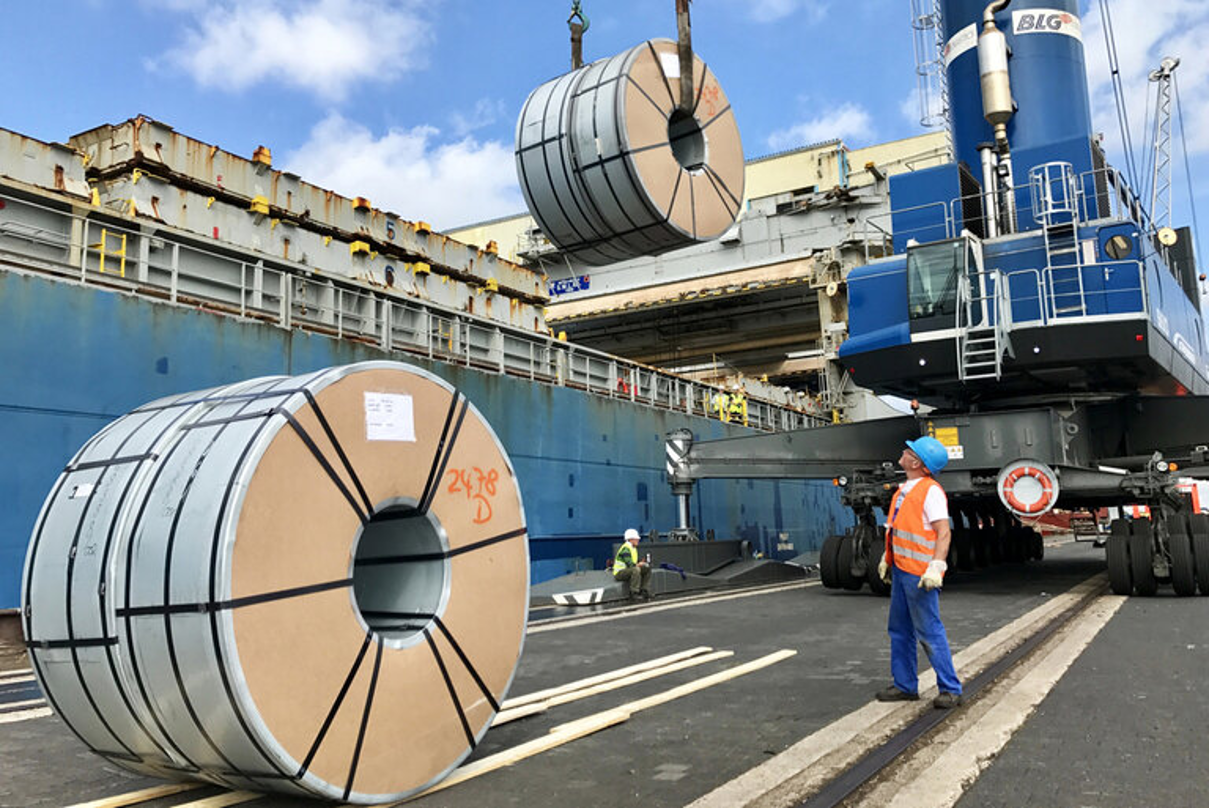Canada
June 19, 2025
Canada, mirroring the US, plans to take harder line on imported steel and aluminum
Written by Michael Cowden
Canada plans to adopt stricter controls on imported steel and aluminum, Canadian Prime Minister Mark Carney said on Thursday.
The actions, which include tariffs, are necessary to protect the Canadian market from global overcapacity. They are also needed because other countries have redirected material to Canada as a result of higher US tariffs, Carney said.
“We will take the time we need to negotiate the best deal for Canada, but no longer,” he said in a statement. “In parallel, we are ensuring that workers and industries are protected from the unjust US tariffs.”
The details
The measures Canada is rolling out include a tariff-rate quota (TRQ), or soft quota, that will be applied to countries with which Canada does not have free trade agreements. Volumes will be based on 2024 import levels. Anything at or below that level won’t face a tariff. Anything above the 2024 threshold will be subject to a tariff, the Canadian government said.
The quotas will be applied retroactively and will be reviewed in 30 days. They are necessary to “stabilize the domestic market and prevent harmful trade diversion as a result of the US actions,” the government said.
Another set of tariffs, which Ottawa will adopt “over the coming weeks,” will be aimed at addressing global overcapacity and “unfair trade” in steel and aluminum. Canada will base those tariffs on where steel is melted and poured as well as where aluminum is smelted and cast, the government said.
Separately, the Canadian government said it would on July 21 adjust its counter-tariffs on steel and aluminum from the US. The countermeasures will be “to levels consistent with progress that has been made in the broader trading arrangement with the United States,” Ottawa said.
Canada in addition said it would seek to boost use of Canadian steel and aluminum in government-funded projects.
Why it matters
President Trump’s tariff regime – including 50% Section 232 tariffs on imported steel and aluminum – have increased trade tensions between the US and its traditional allies and trading partners.
But while Carney referred to the US tariffs as “unjust,” his administration also used the “unfair trade” rhetoric that has become common in the States.
Also, Ottawa’s actions against imported steel and aluminum broadly mirror policies being implemented in the US. Mexico has taken a similar approach and is also cracking down on imports.
The US wants traditional partners such as Canada to implement stricter trade polices to out steel and aluminum from China and other “unfair trade” nations. Putting in place such measures could be a prerequisite for lower US tariffs.







